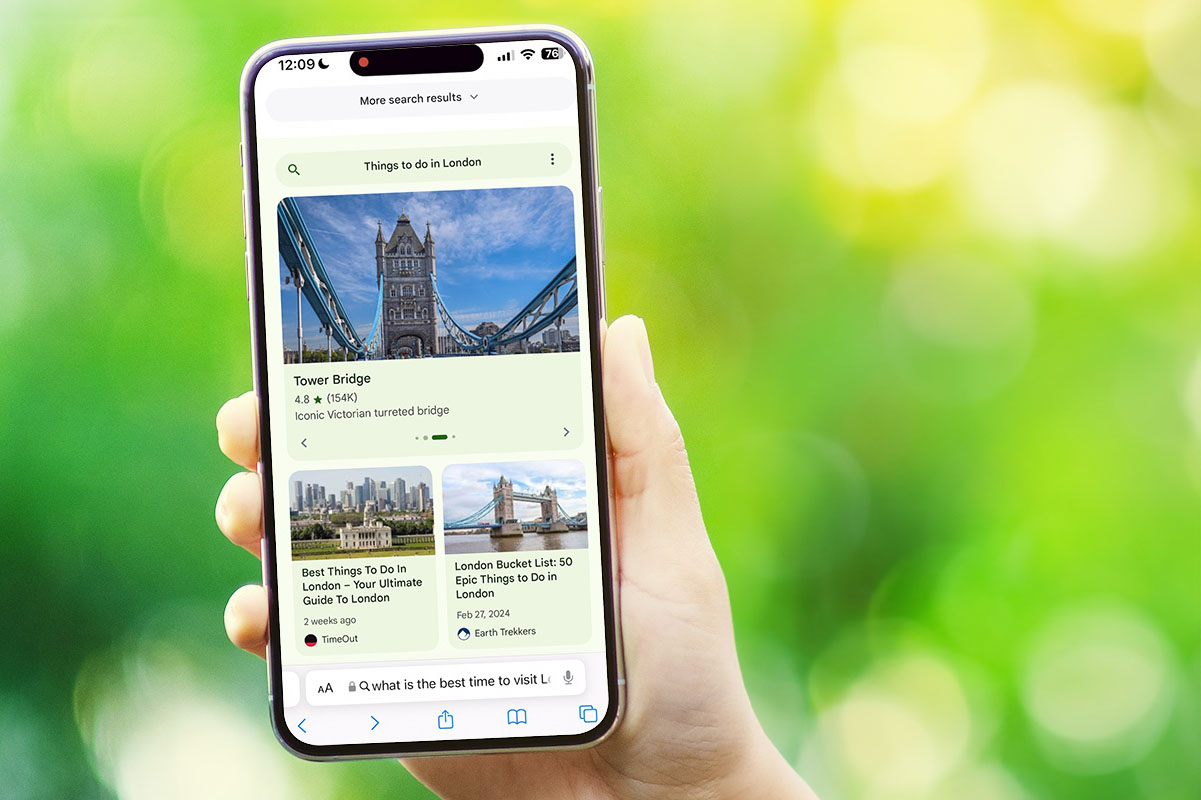The travel industry is undergoing a dramatic transformation, and at the heart of this change is the rise of agentic artificial intelligence (AI). While traditional travel agents have seen a resurgence in popularity—especially among younger generations like millennials and Gen Z—industry leaders are warning that this trend may not last. As AI technology advances, it’s becoming increasingly capable of handling complex travel planning tasks that once required human expertise. This shift raises important questions about the future of the travel agent profession.
The Resurgence of Travel Agents
In recent years, there has been a noticeable comeback in the use of traditional travel agents, particularly for luxury trips. According to a 2023 survey of U.S. travelers, 38% of millennials and Gen Zers said they prefer using a human travel agent to organize their trips. This preference is driven by the desire for personalized service, expert advice, and the ability to navigate complex travel arrangements.
Interestingly, this trend isn’t limited to the U.S. High Street travel agents in the UK have started opening new physical storefronts, and several agencies in Singapore have also reported increased interest. These developments suggest that while the role of travel agents may be evolving, their relevance hasn’t disappeared entirely.
The AI Revolution in Travel

Despite this resurgence, some industry leaders believe that the dominance of traditional travel agents is short-lived. Glenn Fogel, CEO of Booking Holdings, argues that the growth of AI will soon outpace the demand for human travel agents. “The human travel agent has been a declining population for a very long time,” Fogel stated on the Decoder podcast. He added that his company is investing heavily in AI technologies that could further reduce the need for human intermediaries.
Fogel’s comments come at a time when AI is being integrated into various aspects of the travel experience. For instance, natural language chat AI agents are now capable of understanding nuanced travel requests and providing more personalized recommendations. Jay Richmond, senior director at travel consultant Amadeus, highlighted how these AI systems can gather context from conversations to offer better travel options.
Imagine an AI assistant that understands your need to return home in time for a family event, knows the duration of your trip, and even considers your personal interests, such as attending a concert. This level of personalization goes beyond what traditional search-based systems can provide, making AI a powerful tool for modern travelers.
The Future of Travel Planning

Amadeus, Microsoft, and Accenture have partnered to develop a trip planning agent that allows users to interact with a natural language AI through platforms like Microsoft Teams. This system replaces the traditional, step-by-step approach to booking trips with a conversational interface, making the process more intuitive and efficient.
Google has also made significant strides in this space. Its AI Overviews and Lens features allow users to track hotel prices, build itineraries based on images, and even translate items in real-time. These tools are designed to save time and enhance the overall travel experience, making them highly appealing to tech-savvy travelers.
Ultimately, agentic AI is not just about automation—it’s about creating a more seamless and personalized travel experience. By adapting to changing environments and making decisions autonomously, these AI systems are redefining what it means to plan a trip.
The Impact on Traditional Travel Agencies
While AI offers exciting possibilities, it also poses a threat to traditional travel agencies. As more travelers turn to AI-powered tools for booking and planning, the role of human agents may become less central. However, this doesn’t necessarily mean that travel agents will disappear altogether. Instead, they may need to adapt by offering value-added services that AI cannot replicate, such as cultural insights, local knowledge, and personalized concierge experiences.
For those who still rely on human assistance, the challenge will be to stay relevant in an increasingly automated world. This could involve embracing AI as a tool rather than a competitor, using it to enhance their services rather than replace them.
Conclusion
The future of the travel industry is being shaped by the rapid advancement of agentic AI. While traditional travel agents have experienced a brief resurgence, the long-term trend points toward greater reliance on AI-driven solutions. As these technologies continue to evolve, they will likely redefine the way we plan and experience travel.
For now, the coexistence of human agents and AI seems inevitable. The key will be for travel professionals to find ways to integrate AI into their workflows, ensuring that they remain valuable to travelers seeking both efficiency and personalization. Whether this shift represents an opportunity or a threat depends largely on how well the industry adapts to the changing landscape.



